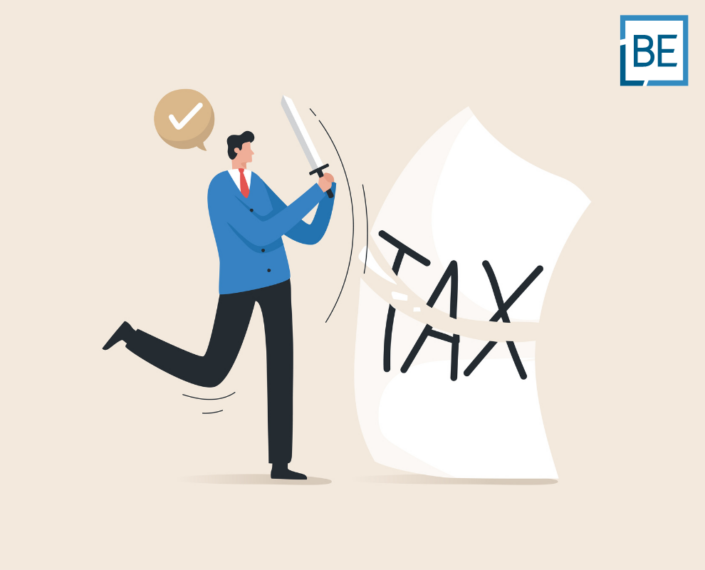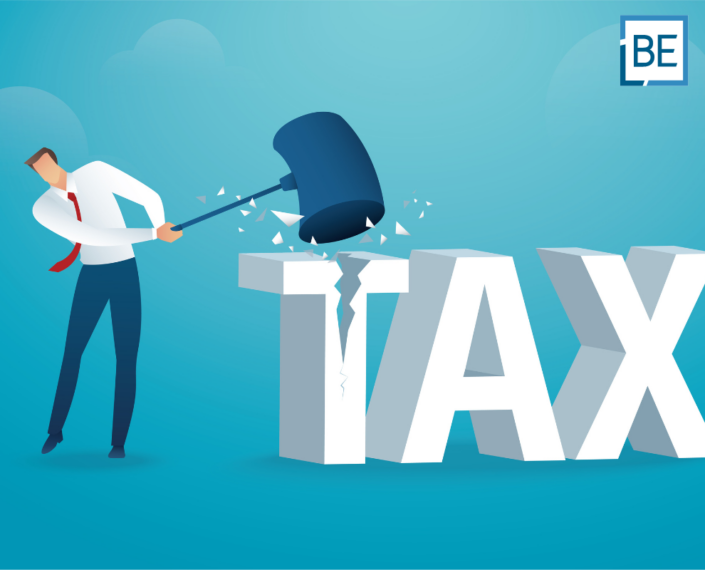Belaws Home ›› Thailand ›› Blog ›› Digital banks to come to Thailand by 2025
legal
Digital banks to come to Thailand by 2025
08/02/2023
Virtual banks or digital banks could be coming to Thailand by 2025. Virtual banks (digital banks) have the potential to transform the traditional banking landscape in Thailand and offer customers a new way to manage their finances.
With a focus on digital convenience, these banks allow customers to access a range of financial services, such as deposit accounts, loans, payment services, and investment products, all through a user-friendly digital platform through technology such as artificial intelligence, blockchain, and biometrics.
This blog post will look at the recent announcement from the Bank of Thailand relating to virtual banks (digital banks).
Key points
- The Bank of Thailand (BOT) has announced plans to allow the operation of virtual/digital banks from 2025.
- The details and regulations surrounding virtual banking in Thailand are not yet stablished.
- Virtual banks are financial institutions that operate online and provide banking services without using physical branches.
What did the BOT announce?
The Bank of Thailand (BOT) has announced plans to allow the operation of virtual banks (digital banks) in the country starting in 2025. These virtual banks aim to increase financial inclusion and competition in the banking sector.
The details and regulations surrounding virtual banking in Thailand have yet to be fully established. Still, the BOT will set standards and guidelines for virtual banks to ensure they operate safely and securely. The BOT will also oversee the licensing and supervision of virtual banks to ensure they comply with regulations and protect consumers. Overall, the BOT’s plans for virtual banks aim to promote financial innovation and enhance the country’s banking sector.
The Bank of Thailand announced its intention to issue three virtual bank licenses in 2024. To qualify for these licenses, applicants must have a minimum registered capital of 5 billion baht to be scaled up to 10 billion when fully functional.
What is the current status of virtual/digital banks in Thailand?
Over recent times, there has been an explosion in the popularity of digital/virtual banking, with the likes of Revolut and N26 becoming popular. Thailand has been slow in the shift towards digital banks and hasn’t seen widespread growth like in Europe and elsewhere.
This newfound popularity worldwide and Thailand’s slow shift towards digital banking is partly why the Bank of Thailand has announced these new plans.
While Thailand has not seen any digital banks begin operations, the traditional banks have all released their banking apps. These apps allow users to undertake many actions that traditionally would have required going to a physical branch. These apps are paving the way for banks to move away from the traditional brick-and-mortar ranches and towards digital/virtual banking.
What are virtual/digital banks?
Virtual banks (digital banks) are financial institutions that operate online and provide banking services without using physical branches. They offer a range of financial services such as deposits, loans, and payment services, all accessed through a digital platform such as a website or mobile app.
Virtual banks (digital banks) aim to provide customers with more convenient, accessible, and efficient banking services and reach a broader range of customers, especially those underserved by traditional physical banks.
Virtual banks (digital banks) typically use technology such as artificial intelligence, blockchain, and biometrics to provide a seamless user experience and to ensure security. The exact range of services offered by virtual banks can vary depending on the specific virtual bank and the regulations of the country in which it operates.
Such banks aim to expand financial inclusion and increase competition in the banking sector.
What services can virtual/digital banks offer?
Virtual banks (digital banks) can offer a range of financial services, including:
- Deposits: savings, checking accounts, and certificates of deposit (CDs) will typically be offered.
- Payments: Provision of payment services such as online bill payment, peer-to-peer (P2P) transfers, and mobile e-wallet services.
- Lending: Ability to offer personal loans, mortgages, and other types of lending services to their customers.
- Investment: Offering investment services such as wealth management, robo-advisory services, and other investment products.
- Cards: Issuing of debit and credit cards.
However, at this stage exact range of services offered in Thailand hasn’t been revealed. However, virtual banks (digital banks) aim to provide a comprehensive suite of financial services through a user-friendly digital platform.
What are the advantages of virtual/digital banks?
Virtual banks (digital banks) offer several advantages, such as:
- Convenience: Customers can access their financial services anytime, anywhere, through a digital platform. This removes the need to visit a physical branch.
- Lower Costs: Virtual banks (digital banks) typically have lower overhead costs, allowing them to offer their services at lower prices than traditional banks.
- Technology: Banks leverage technology, such as artificial intelligence, blockchain, and biometrics, to provide a smooth and secure customer experience.
- Wide Reach: The wider ability to reach a broader range of customers as it is done through a digital platform.
- Innovation: Offering new and innovative financial products and services not typically offered by traditional banks.
- Competitive rates: Offering competitive interest rates on deposits and loans can help customers save money on their finances.
- Improved Customer Experience: Provision of a more personalized and efficient banking experience, using digital tools to analyze their data and offer customized financial solutions.
How can Belaws help?
You can talk directly to one of our experts for more information about virtual/digital banks in Thailand.
This article is for information purposes only and does not constitute legal advice.
Our consultations last for a period of up to 1 hour and are conducted by expert Lawyers who are fluent in English, French and Thai.
Consultations can be hosted via WhatsApp or Video Conferencing software for your convenience. A consultation with one of our legal experts is undoubtedly the best way to get all the information you need and answer any questions you may have about your new business or project.
USD 150
Up to 1 hour
Online payment (Paypal or Credit card)
Legal consultation can be conducted in English, French or Thai
Legal consultations are handled by experienced lawyers from the relevant fields of practice
Frequently asked questions
Do expats pay income tax in Thailand?
Thailand imposes an income tax on any income earned in Thailand for both resident and non-residents individuals. This tax will be imposed regardless of whether such income is paid in or outside of Thailand.
Do Thai citizens pay taxes?
Yes, Thai citizens are subject to tax.
What happens if you dont pay tax in Thailand?
You will be subject to Imprisonment for a term up to 1 year; or a. Fine up to 200,000 Baht; or. Both.
What’s the average cost of living in Thailand?
On average, $1,500 a month is accepted as a suitable income for a comfortable life in Thailand.
How can I avoid tax in Thailand?
It is not recommended to avoid paying tax in Thailand.
Do expats pay tax?
Thailand imposes an income tax on any income earned in Thailand for both resident and non-residents individuals. This tax will be imposed regardless of whether such income is paid in or outside of Thailand.
How is income tax calculated in Thailand?
Thailand makes use of a progressive tax system for personal income tax, the rates of taxation can be seen below:
| Taxable Income | Tax Rate |
| 0 – 150,000 | Exempted |
| 150,001 – 300,000 | 5% |
| 300,001 – 500,000 | 10% |
| 500,001 – 750,000 | 15% |
| 750,001 – 1 million | 20% |
| 1,000,001 – 2 million | 25% |
| 2,000,001 – 5 million | 30% |
| 5,000,001 or more | 35% |
Related articles
Subscribe today
Subscribe today
To our newsletter for all the latest legal news
in South East Asia, Belaws updates and
special promotions on our services.
To our newsletter today for all the latest legal news in South East Asia,
Belaws updates and special promotions on our services.







